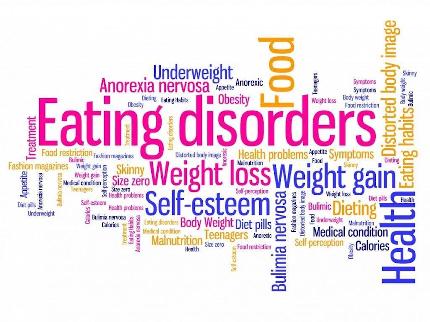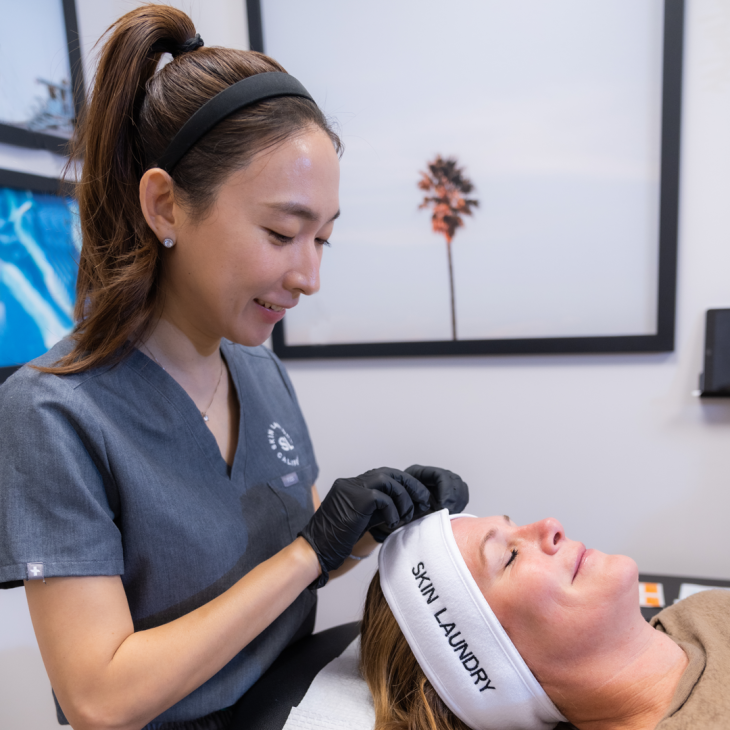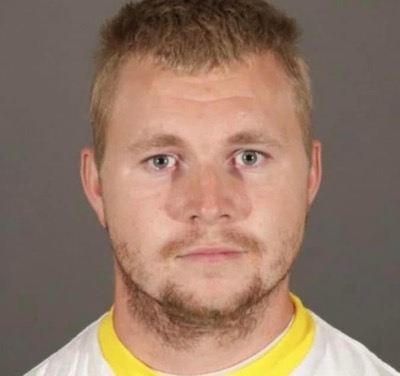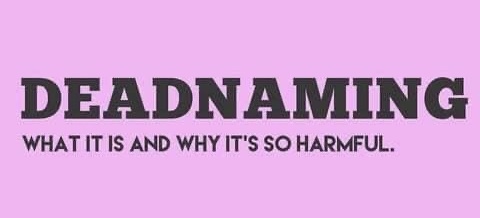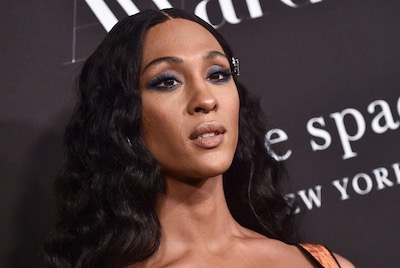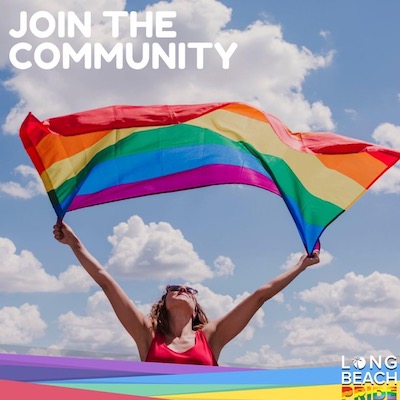March is Bisexual Health Awareness Month and according to a study done by the University of California San Francisco bisexual men have a higher chance of developing an eating disorder.
Several studies have indicated that gay men are at increased risks for disordered eating such as fasting, excessive exercise and preoccupation with weight and body shape. But the findings, published this month in the journal Eating and Weight Disorders, suggest that bisexual men are even more susceptible to some unhealthy habits.
After polling for over 4,500 LGBTQ individuals a quarter of bisexual men reported having fasted for more than eight hours to influence their weight or appearance, compared to 20 percent of gay men. Eighty percent of bisexual men reported that they “felt fat,” and 77 percent had a strong desire to lose weight, compared to 79 percent and 75 percent of gay men, respectively.
Of all the respondents, 3.2 percent of bi males had been clinically diagnosed with eating disorders, compared to 2.9 percent of gay men. That stacks up to 0.6 percent of heterosexual men, according to research from the Yale University School of Medicine.
Subjects for the report were chosen from the Pride Study, the first large-scale, long-term national health study of sexual and gender minorities, sponsored by UCSF and other institutions.
It relies on self-identification for sexual orientation and allows respondents to choose multiple identities or even write in their own.
“Bisexual-plus” was used for cisgender men who identified as bisexual, pansexual, polysexual or otherwise attracted to more than one gender.
Bisexuals, the largest demographic in the LGBTQ community, face numerous health disparities, including higher rates of obesity, substance abuse, binge drinking, sexually transmitted illnesses, cardiovascular disease and even some forms of cancers. Thirty-nine percent of bisexual men say they have never told a doctor about their sexual orientation, three times the percentage of gay men.
Bisexual youth are at an elevated risk for self-harm: Forty-four percent of bi high school students have seriously considered suicide, compared to a quarter of gay teens and less than 10 percent of heterosexual students.
Another study showed in the first three years after having come out, bisexuals were twice as likely to start smoking as lesbians or gay men.
To combat this issue Dr. Jason Nagata, a professor of pediatric medicine at UCSF, stated “Raising awareness of these differences is the first step,” he said. “Having tailored interventions for LGBTQ people, for bisexual people, is just common sense. It’s not a one-size-fits-all treatment program.”

